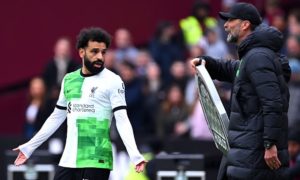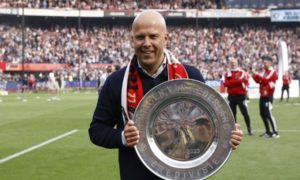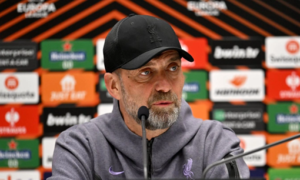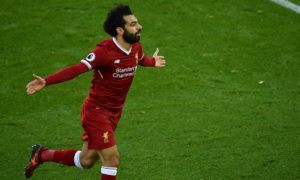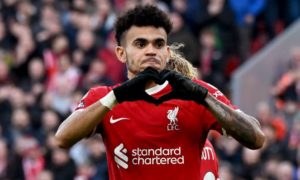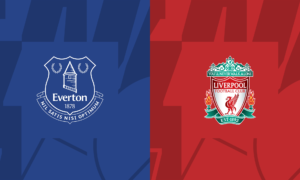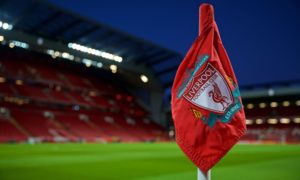Coronavirus has turned into a worldwide pandemic since Liverpool last played a game under the floodlights which came against Atletico Madrid in the Champions League on March 11 and football leagues around the world grounded to a halt shortly after. Since then, Paris Saint-Germain have been crowned the 2019-20 Ligue 1 champions in France and Celtic have won the Scottish Premiership after a decision was made to finish the season early.
Despite this, not all of the top tier leagues have been called off before their time. The Bundesliga resumed in Germany last Saturday and the Premier League looks set for a return behind closed doors next month after players returned to small group, non-contact training on Tuesday, May 19 as part of ‘Project Restart’
But how has Coronavirus affected Liverpool Football Club financially?
Perhaps the standout impact that Covid-19 has had on Liverpool financially is that the Reds have been out of action for over two months now meaning that supporters have not been travelling to Anfield and no match day tickets have been sold. On top of this, the club has not made any profit from their food and hospitality services which means that any type of matchday revenue during the pandemic has been non-existent. If the remainder of the season is to be played behind closed doors, then Liverpool could lose up to £13.6m in this department alone.
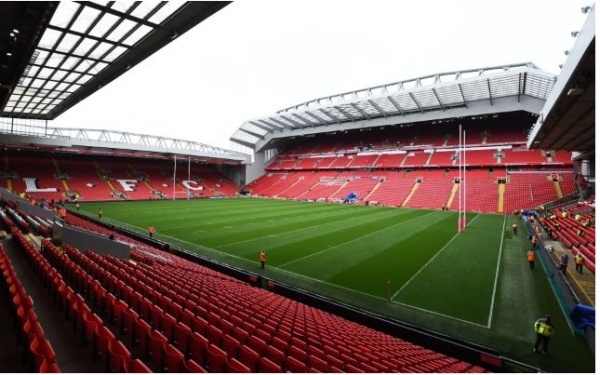
It is well known that clubs at the top of English football make most of their revenue from television rights and, unfortunately, the current situation does not benefit the Reds in this area either. It is expected that Premier League clubs including Liverpool will be forced to pay at least £300m in total to broadcasters even if the season is to be completed because they will not have been able to fulfil certain obligations within their contracts with the TV companies.
Although a decision is yet to be made on whether or not the remaining Premier League games will be broadcast free of charge for everyone, it is expected that the value of TV rights will decrease dramatically as broadcasters such as Sky Sports and BT Sport continue to rapidly lose subscribers with no live games to show. As a result, Liverpool will also feel the impact of this as they receive less money when the UK’s broadcast revenues are distributed amongst the 20 Premier League clubs.
In terms of sponsorships, Liverpool made over £180m last season from commercial sources alone but the current situation has caused an economic slowdown. With no live football, it could be increasingly difficult for Liverpool to keep a hold of their current sponsorships or secure new ones when these brands haven’t got a market to sell their products to and make a profit from. In particular, Standard Chartered, who have been LFC’s shirt sponsor since 2010, recently revealed that their profits have dropped by 12% in the first financial quarter of the year.
Thankfully, Liverpool are not dependent on Premier League TV money that comes in annually, nor do they rely on match day ticket sales to survive. As is the case with every Premier League club though, the financial impact that coronavirus could have had on Liverpool is staggering and with speculation surrounding how the 2020-21 season might be able to go ahead in terms of allowing supporters into the grounds and more, it seems as though there are no short-term solutions available at the moment for many of the problems which clubs are faced with.
For Liverpool, Covid-19 crisis has hindered the recent financial success that the club has been witnessing after they announced an increase in turnover from £78m to £533m from last season which enabled them to invest further in the first-team squad. The virus has even led to negative media attention surrounding Fenway Sports Group, the owners of Liverpool, after their initial decision to pay 80% of staff wages through the government’s furlough scheme was heavily criticized by supporters, ex-players, pundits and more before it was scrapped completely and Liverpool Chief Executive Peter Moore announced that the club had come to “the wrong conclusion” on how to handle the issue.

